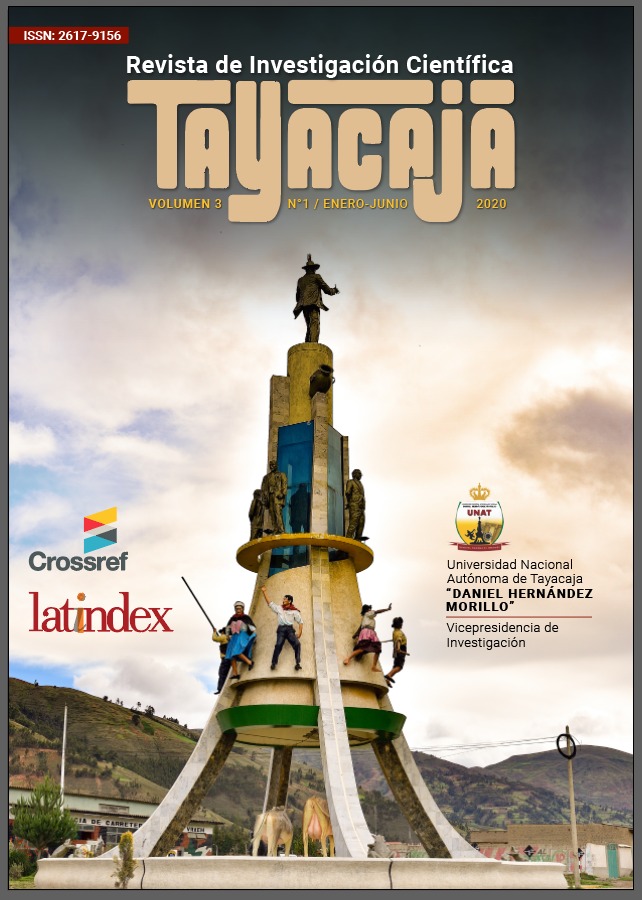Resumen
Since the Spanish conquest, Peru stopped being autonomous and joined the emerging economy of world capitalism. That is, it ceased to be a closed economy and with it two new variables appeared in its economy: exports and imports. The transition to an independent nation did not essentially change this condition of open economy, which was reinforced by the process of globalization of the second half of the 20th century.
In this regard, exports have been a significant variable for the economy, for better or for worse. For good, when the international demand generated better prices that were naturally favorable for Peru. To the bad, when international crises generated internal crises in Peru expressed in an economic contraction. To this has been added the problem of the competitiveness of our exports. This is where the government has tried to favor export expansion with trade policy measures, which have focused on protecting exporters and spreading the benefits of our export products, especially non-traditional manufactured products.
The objective of this article is to analyze the main norms given by the government, trying to improve the competitiveness of our exports, since the 70s.
Citas
Castillo, M. & Quispe, A. (1996). Reforma estructural y reconversión empresarial: conflictos y desafíos. Lima: Centros de Estudios y Promoción del Desarrollo (DESCO).
Chávez, J. F., Cusato, A. & Pérez, M. (2018). Cómo impacta el drawback en el desempeño exportador de las empresas peruanas. economía&sociedad, 94. CIES / julio 2018 Universidad del Pacífico. pp. 44-53. Recuperado de https://www.cies.org.pe/sites/default/files/files/articulos/economiaysociedad/como_impacta_el_drawback_en_el_desempeno_exportador_de_las_empresas_peruanas.pdf
Gómez, M. (2016). ¿Es acaso Perú pasible de ser sancionado por la Organización Mundial del Comercio (OMC) debido al Drawback? (Tesis de maestría, Universidad Católica del Perú). Lima, Perú. Recuperada de http://tesis.pucp.edu.pe/repositorio/bitstream/handle/123456789/8154/GOMEZ_CHAVEZ_MERCEDES_DRAWBACK.pdf?sequence=5
González, J. (1982). El problema del Certex: un enfoque microeconómico. En: González, I. (Editor) (1982). Nuevos ensayos sobre la economía peruana. Lima: Centro de Investigación de la Universidad del Pacífico, pp. 15-25.
Love, P. & Lattimore, R. (2015). Comercio Internacional. ¿Libre, justo y abierto? París: Esenciales OCDE, OECD Publishing, http://dx.doi.org/10.1787/9789264219359-es
Mattos, F. A. (2000). Retrospectiva histórica del proceso de globalización financiera. Investigación Económica, vol. IX: 233, julio-septiembre de 2000pp. 113-147
Oyarse, J. G. (2016). Las tasas del Drawback en el tiempo. Recuperado de http://magoyarse.blogspot.com/2016/10/las-tasas-del-drawback-en-el-tiempo.html
Paz Soldán, J. y Rivera, M. del C. (1999). La Reforma Comercial y de Aduanas. Lima: Instituto Peruano de Economía. Recuperado de http://www.ipe.org.pe/portal/wp-content/uploads/2018/01/1999-La-Reforma-Comercial-y-de-Aduanas.pdf
Rebolledo, L. (1993). Comercio Exterior. Marco institucional y promoción. Lima: CIESUL.
Rodríguez, N. (1995). Régimen del drawback como mecanismo de promoción de exportaciones en el Perú. Revista Derecho & Sociedad N° 10 1995. pp. 15-26. Recuperado de https://studylib.es/doc/7539638/descargar-el-archivo-pdf---revistas-pucp
Rojas, J. (1996). Las políticas comerciales y cambiarias en el Perú: 1960-1995. Lima: Fondo Editorial de la Pontificia Universidad Católica del Perú. Recuperado de https://books.google.com.pe/books?id=Xkx7eEGABl8C&pg=PA106&lpg=PA106&dq=D.S.+227-68-+HC&source=bl&ots=-9qiI9aRmQ&sig=4yMkHk9yNoBarH1PZX22G1JlniM&hl=es&sa=X&ved=2ahUKEwiBtZmOppHfAhXDqlkKHfLOCD4Q6AEwBnoECAMQAQ#v=onepage&q=D.S.%20227-68-%20HC&f=false
Zegarra, J. M. (1990). Mercantilismo y Certex. THEMIS/Revista de Derecho/ Segunda Época/ 1990/ N° 16. Recuperado de http://revistas.pucp.edu.pe/imagenes/themis/themis_016.pdf






